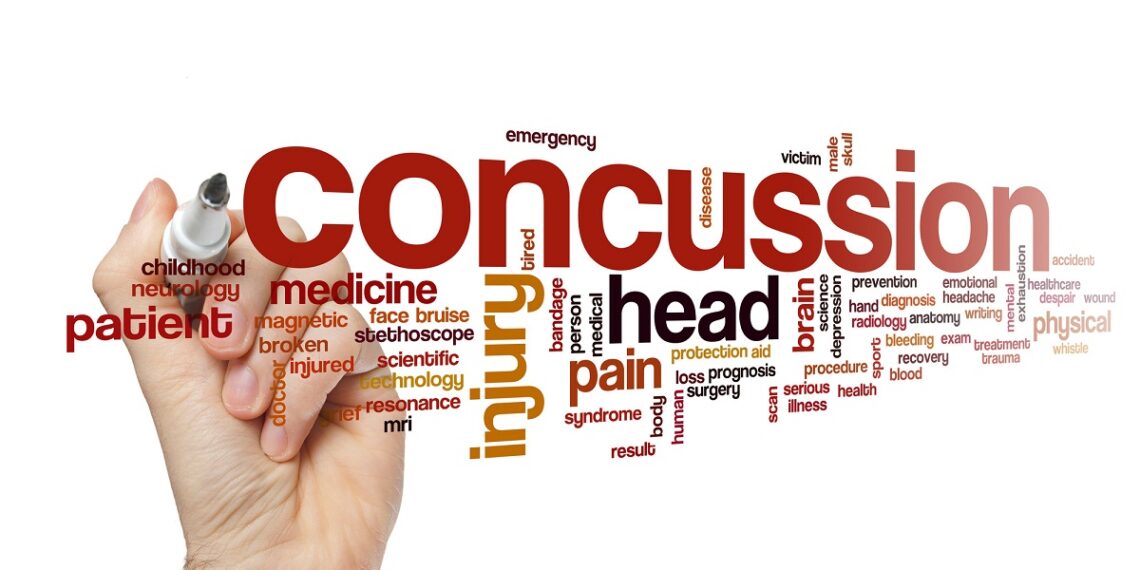Whether you were in a car accident or took a nasty blow to the head while playing sports, concussions are no laughing matter. There are steps that you need to take to keep your concussion from getting worse. Without proper concussion management, you could cause irreparable damage to your brain.
What are some concussion management tips that you can use following a serious brain injury?
If you were recently diagnosed with a concussion, you need to be cautious. Here are some concussion care tips that you can use following your diagnosis.
Table of Contents
Avoid Stressors
Certain activities may worsen your concussion. These activities are referred to as “triggers”; there is a range of different triggers that may cause your symptoms to become worse. These include, but are not limited to:
- Strenuous physical activities and exercises
- Strenuous mental activities
- Bright lights, such as from electronic devices
- Loud noises
- Caffeine
It’s best to identify and avoid these triggers immediately following your concussion diagnosis. Pay attention to anything that makes your symptoms worse so that you can avoid them later.
Rest Your Body and Mind
Concussions cause severe amounts of brain damage that can leave you reeling. The best thing you can do for your mind and body is to rest often. Take plenty of breaks, especially when you have to do anything strenuous, such as work or physical labor. If you are a student and need to study or complete assignments, you should speak with your teacher about your injury so you can get the help you need.
Having a solid sleep schedule that you stick to is also crucial to concussion care. Sleeping gives your brain a chance to rest and recover after a long day; if you want your head injury to heal faster, then getting more sleep is a must.
Avoid Driving Right After
You shouldn’t drive for at least the first 24 hours following your initial diagnosis. A brain injury like a concussion can severely impact your reaction time, which puts you and those around you in danger. If you do have to travel anywhere, it’s best to get public transportation or ask a friend to drive you.
Be Cautious with Pain Medications
Certain anti-inflammatory pain relievers, such as Asprin, can put you at risk when you have a concussion. These medications can increase your risk of bleeding; should you accidentally worsen your concussion, you could be at risk of developing a brain bleed. If you do need to take pain relievers for your concussion, make sure you talk with your doctor about what medications are safe to take.
Don’t worry, there are still methods you can use for auto accident pain relief. If you do need to take medications, just remember to be safe!
The Best Tips for Concussion Management
With these concussion management tips, you can keep yourself safe and start healing faster. Remember, if you ever suspect a concussion, the best thing you can do is let your mind and body rest!
Have you or someone you love been involved in an accident resulting in a concussion?
Be sure to share this article with your friends and family to keep them informed on what to do if they suspect a concussion and continue reading our blog for more helpful information today!

